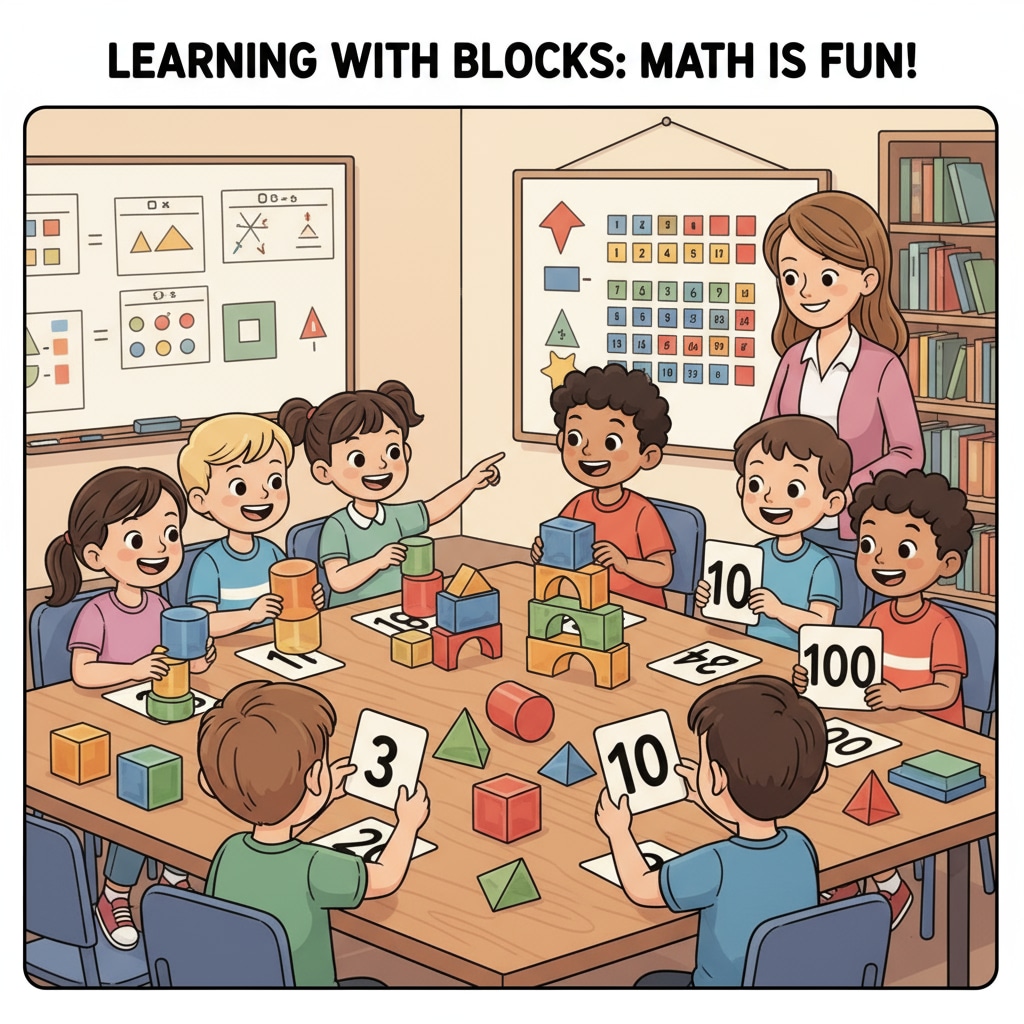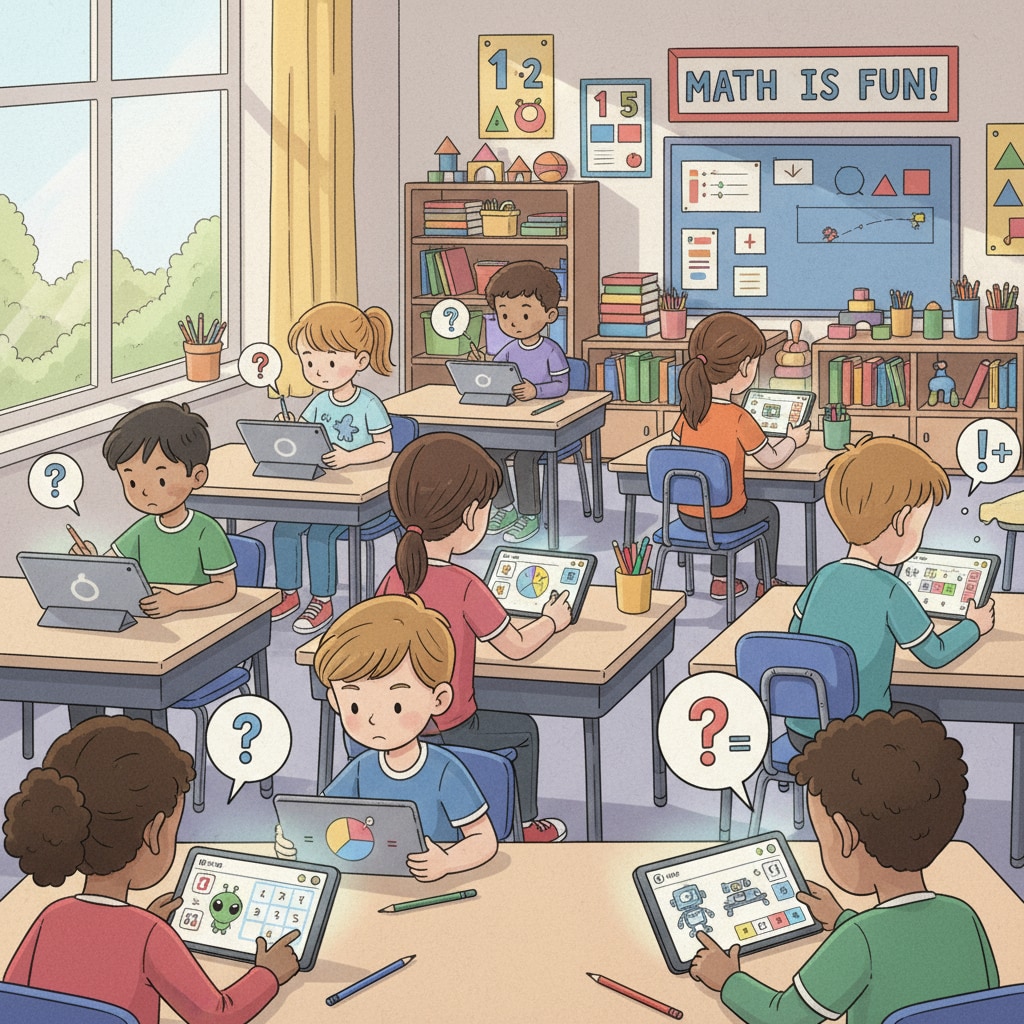When it comes to children’s math, educational projects can be a game-changer for those facing math difficulties. For 9-year-old kids with weak math foundations, there’s no need to panic. There are numerous effective ways to help them get back on track and develop a love for the subject.

Understanding the Root of Math Difficulties
Before diving into educational projects, it’s crucial to understand why a 9-year-old might be struggling with math. According to the American Psychological Association, factors could include learning disabilities, lack of proper foundational skills, or negative past experiences in math. For example, if a child didn’t fully grasp basic arithmetic operations earlier, it can lead to challenges in more complex math concepts later. Once the root cause is identified, it becomes easier to select the right educational projects.
Engaging Educational Projects
One great educational project for 9-year-olds is the “Math Adventure Camp.” These camps, often organized during school breaks, use hands-on activities to make math fun. They might include treasure hunts where kids have to solve math puzzles to find clues. Another option is online math games like those on Khan Academy. These games are designed to teach math concepts in an engaging way, covering everything from basic addition and subtraction to more advanced geometry for 9-year-olds. Additionally, math storybooks can be a wonderful tool. Titles like “The Number Devil” present math in a fictional and exciting narrative, helping children see math in a new light.

In conclusion, with the right educational projects, 9-year-old children struggling with math can turn their difficulties around. By understanding the root of the problem and choosing engaging learning activities, kids can build confidence and proficiency in math. It’s all about making math a positive and enjoyable experience for them.
Readability guidance: Keep paragraphs short and use lists to summarize key points. Aim for one list under each H2. Control the use of passive voice and long sentences. Incorporate transition words like ‘however’, ‘therefore’, ‘in addition’, ‘for example’, ‘as a result’ throughout the text.


